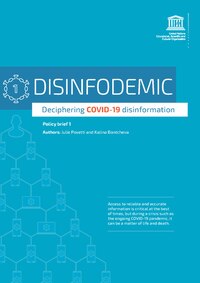
Photo from wikipedia
The emergence of COVID-19 infection led to the indiscriminate use of antimicrobials without knowing their efficacy in treating the disease. The gratuitous use of antibiotics for COVID-19 treatment raises concerns… Click to show full abstract
The emergence of COVID-19 infection led to the indiscriminate use of antimicrobials without knowing their efficacy in treating the disease. The gratuitous use of antibiotics for COVID-19 treatment raises concerns about the emergence of antimicrobial resistance (AMR). In this systematic review, we performed a thorough systematic search using Preferred Reporting Items for Systematic Reviews and Meta-Analyses (PRISMA) guidelines of scientific databases (Scopus, Web of Science, and PubMed) to identify studies where antibiotics were prescribed to treat COVID-19 (December 2019 to December 2021). Of 970 identified studies, 130 were included in our analyses. Almost 78% of COVID-19 patients have been prescribed an antibiotic. Cephalosporins were the most prescribed (30.1% of patients) antibiotics, followed by azithromycin (26% of patients). Antibiotics were prescribed for COVID-19 patients regardless of reported severity; the overall rate of antibiotic use was similar when comparing patients with a severe or critical illness (77.4%) and patients with mild or moderate illness (76.8%). Secondary infections were mentioned in only 11 studies. We conclude that concerns related to COVID-19 and the lack of treatment strategy led to the overuse of antibiotics without proper clinical rationale. Based on our findings, we propose that antimicrobial stewardship should be retained as a priority while treating viral pandemics.
Journal Title: Antibiotics
Year Published: 2022
Link to full text (if available)
Share on Social Media: Sign Up to like & get
recommendations!